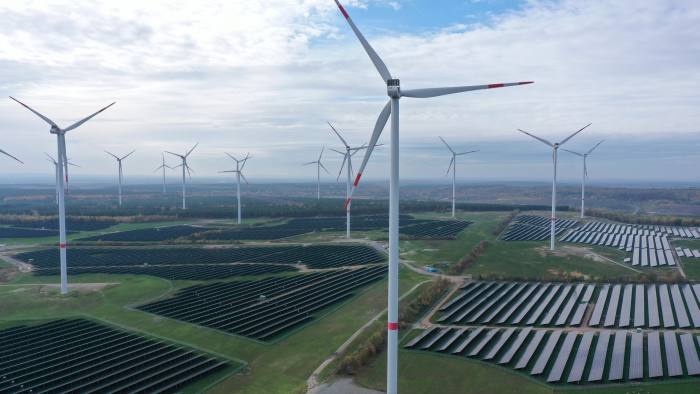Prime Minister Mostafa Madbouly told the COP29 conference that Egypt remains committed to achieving 42% renewable energy in its electricity mix by 2030 but warned the goal is at risk without increased international support.
Currently, solar, wind, and hydropower make up only 11.5% of Egypt’s electricity generation, according to a July cabinet report.
The country has in recent years relied heavily on natural gas, which it defended during the United Nations’ COP27 conference in 2022 as a “transitional fuel” at a time when it was a net exporter of gas.
But last year, Egypt faced prolonged power outages as natural gas production was hit by financial constraints and declining local extraction.
That prompted a government search for foreign investment in renewable projects alongside increased fossil fuel exploration.
Last year, the government set a goal for renewable energy to reach 42% of its electricity generation mix by 2030, and in June this year, then-Electricity Minister Mohamed Shaker outlined a plan to push that share to 58% by 2040.
Shortly afterwards, however, Egypt’s petroleum ministry said the target share for renewables was 40% by 2040, with the country maintaining a major reliance on natural gas.
In his COP29 address, Madbouly stuck to the original goal but highlighted the challenges Egypt faces in meeting its climate ambitions, attributing them largely to insufficient international support.
He said, “Without the necessary backing, we cannot make essential infrastructure improvements, putting our target at serious risk.” Madbouly urged developed nations to honor their climate finance commitments, warning that without this support, developing countries’ pledges would remain “ink on paper.”

